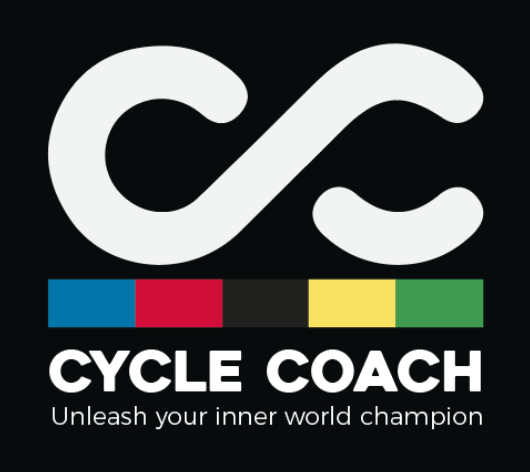Le Tour 2019 - Stage 9
Getting Tired
Stage 8 now and after yesterday’s absolutely epic smash fest, you could tell the riders were getting tired today. The main peloton rolled in 15-minutes after the main break, and it’s obvious that the riders are waiting and hoping for Tuesday’s rest day. i expect another sedateish stage tomorrow.
That said, Daryl Impey had a great sprint win over Tiesj Benoot after they’d been in a great breakaway through the Massif Central.
It’d be unsurprising to think that Geraint Thomas would have been anything other than tired after yesterday’s frantic chase, as he had to get back on, as the action was kicking off with the GC riders. Alaphillipe and Pinot must have also been tired. Not to mention that De Gendt must’ve wondered if his legs would still work this morning!
But how can you delay fatigue, and extend your ability to ride every day. If you’re a regular reader of the blog you’ll know that I’ve ridden my bike every day now for over a year (hoping to make at least two years of consecutive days riding), and so I have a few ideas on that! However, the ability to keep going during a race will not only be dependent on what I term your ‘fatigue resistance’ but also related to the food you eat, and the quality and type of that food. It’s no secret — if you want to be a Tour de France racer then you have to consume a lot of food. On average riders probably consume in the region of 5 to 6000 Kcal of energy per day. There are days where it’s less, and days where it’s more.
The amount of carbohydrate you eat is related to how well you’ll be able to perform relative to when you feel fresh. Rider’s at events like the TdF will need to consume around 10 to 12 g of carbohydrate per kg of body mass per day. At the other end of the scale they’ll consume around 2 g of protein per kg of body mass per day.
If you weigh 67 kg, you’d need to consume a minimum of 670 g of carbohydrate per day. It’s also worth bearing in mind that even a high carb food such as pasta or rice, isn’t 100% carbohydrate. Approximately, they’re about 70 g of carb per 100 g of dry weight food, so that 670g of carb can feel like more than that due to this.
There’s a few riders in the peloton who are vegetarian or vegan. Adam Hansen for example. Typically, it was thought that veggie/plant based diets would be bad for athletic performance (e.g. lack of ‘complete’ proteins, lack of iron). However, much research now eschews such ideas, and in fact it’s been demonstrated that a plant based diet could well be advantageous to athletic performance (as these diets tend to often be higher in carbohydrates, and lower in overall energy, as well as having greater amounts of phytochemicals).
I’m looking forward to tomorrow’s stage and seeing what does happen. If you’d like help with your diet, becoming leaner, and smashing it on the hills, then give me a shout, or click on our coaching.
